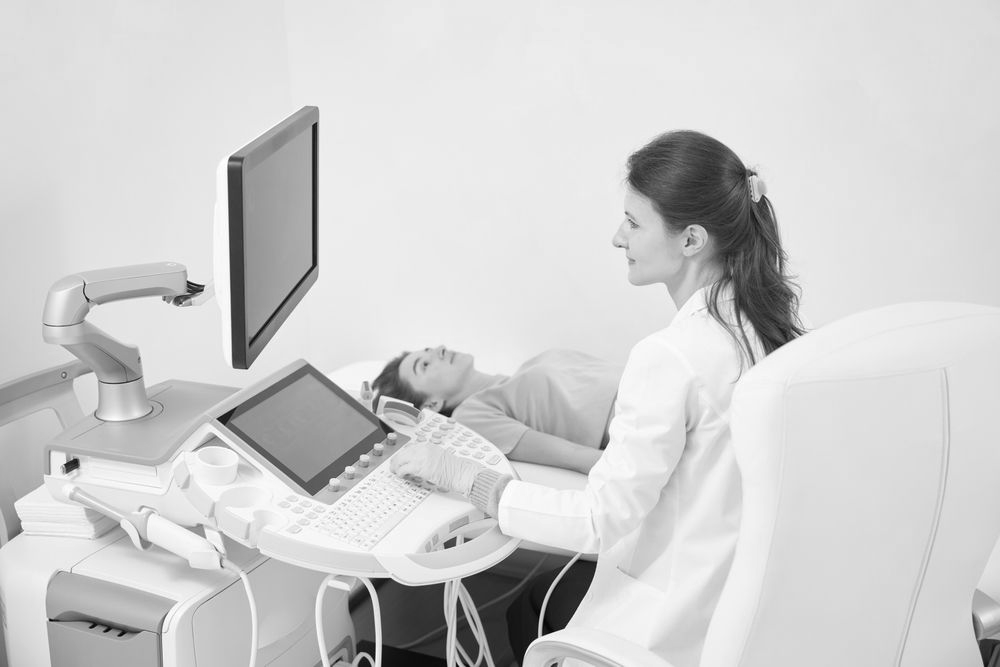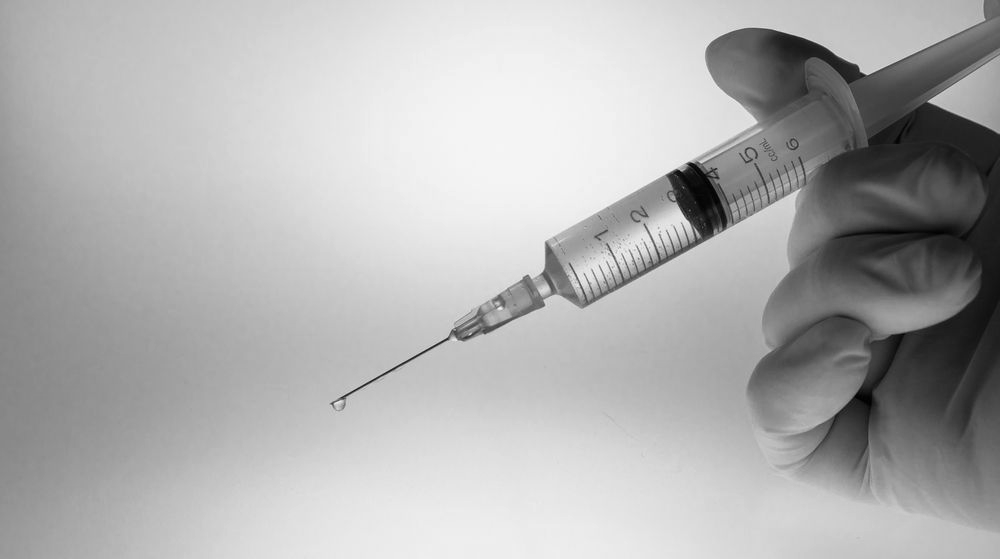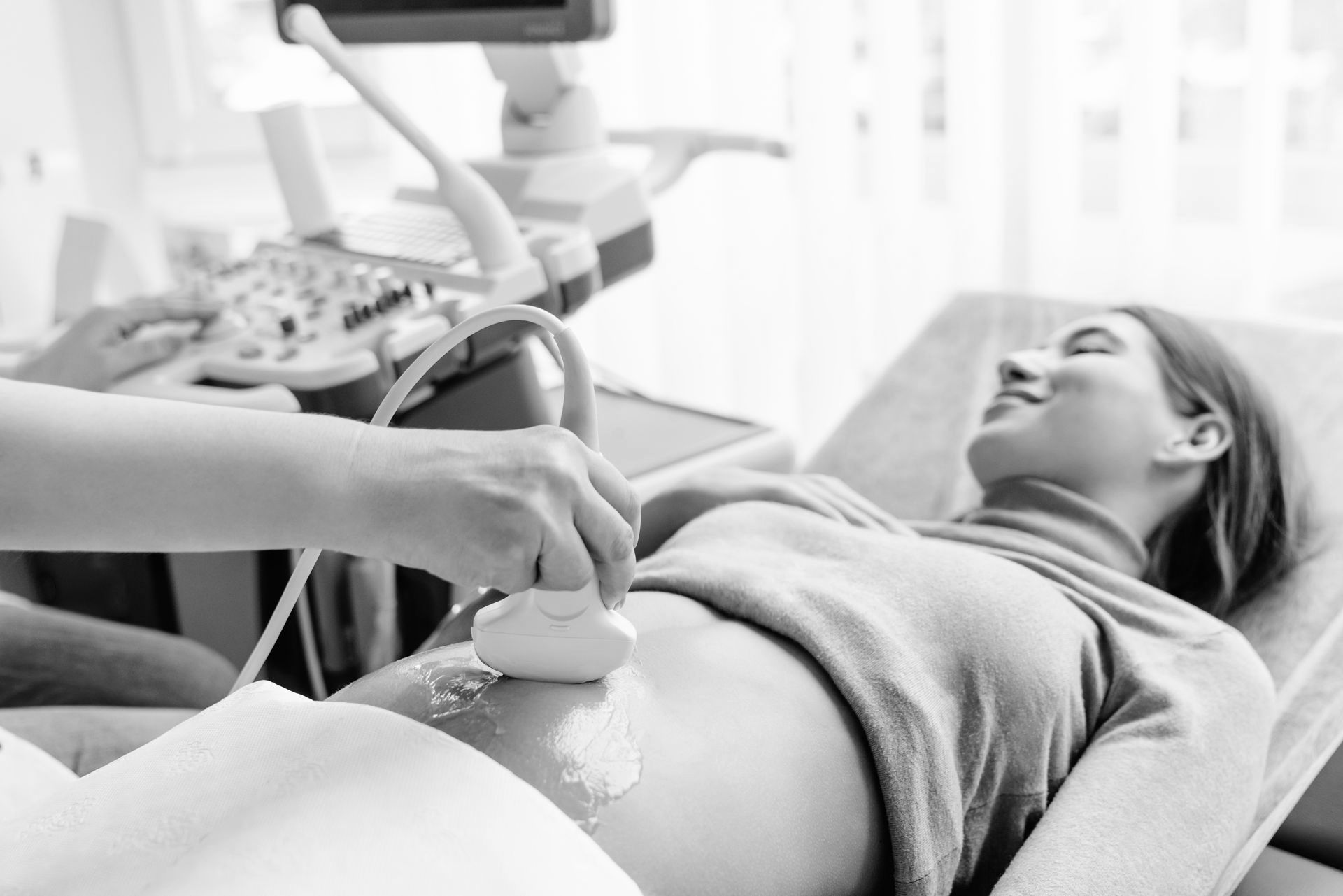STD Testing in Janesville
Share this Article:

When you hear the word “epidemic,” you may automatically think of COVID-19. But did you know there is another epidemic in our midst?
One in every five people in the United States has a sexually transmitted disease (STD). That is the equivalent of 68 million people, according to the Centers for Disease Control and Prevention (CDC). STDs are the silent epidemic.
Unfortunately, common STDs among women, chlamydia and gonorrhea, can also be silent. This means you can have an STD for years without knowing it, allowing time for damage to occur to your reproductive system.
STD testing is critical whether you have symptoms or not. Read on to learn more.
What Are the Risks of Untreated STDs?
Women might assume they don’t have an STD because they do not have symptoms, but an undiagnosed and untreated STD can lead to severe risks. Some of those risks include:
- Spreading it to other people
- Infertility
- Pelvic inflammatory disease (PID)
- Long-term pelvic pain
- Certain cancers, such as HPV-associated cervical and rectal cancers
- Eye infections such as conjunctivitis (pink eye)
- Complications duringfuture pregnancies
- Lower life expectancy
The best way to avoid these risks if you are sexually active is to get regular STD testing.
Who Needs STD Testing?
Anyone who is sexually active needs routine STD testing. Sexual activity includes all forms, not just vaginal sex. Even if you are in a relationship with one partner, you cannot know your partner’s status for sure. The CDC has established guidelines for STD testing, which include:
- All sexually active women younger than 25 years should be tested for gonorrhea and chlamydia every year. People under age 25 account for half of all new reported STDs each year.
- Women 25 years and older with risk factors should be tested for gonorrhea and chlamydia every year. Risk factors include having multiple sex partners, a new partner, or a partner who tested positive for an STD.
- All pregnant women should be tested for syphilis, HIV, and hepatitis B starting early in pregnancy.
- At-risk pregnant women should also be tested for chlamydia and gonorrhea starting early in pregnancy.
If any of these descriptions fit you, you need STD testing. Don’t let the fear of STD stigma stop you. The professionals who perform STD testing have heard it all, and they do the work they do to help women like you, not to judge you.
What Happens During STD Testing?
STD Testing for chlamydia and gonorrhea is quick and easy.
- You will provide a urine sample.
- Your urine sample is sent to a laboratory for testing.
- You receive your results within just a few days.
Chlamydia and gonorrhea are treatable. If your STD results are positive, you will be provided with a prescription for medication to treat chlamydia. For a positive result for gonorrhea, you will receive a referral for treatment. It is very important to take all of the medicine exactly as instructed.
Looking for free STD Testing in Janesville?
If you live in or near Janesville, Wisconsin, Willow Womens Center in Beloit is just a short drive away. We offer no-cost, judgment-free STD testing provided by compassionate, licensed healthcare professionals. If you are facing an unexpected pregnancy, we also offer pregnancy resources that empower you to make a confident and informed decision. Contact us by calling 608-312-2025 today. You can also schedule your confidential appointment online at willowwomenscenter.org.
Connect with Us:












